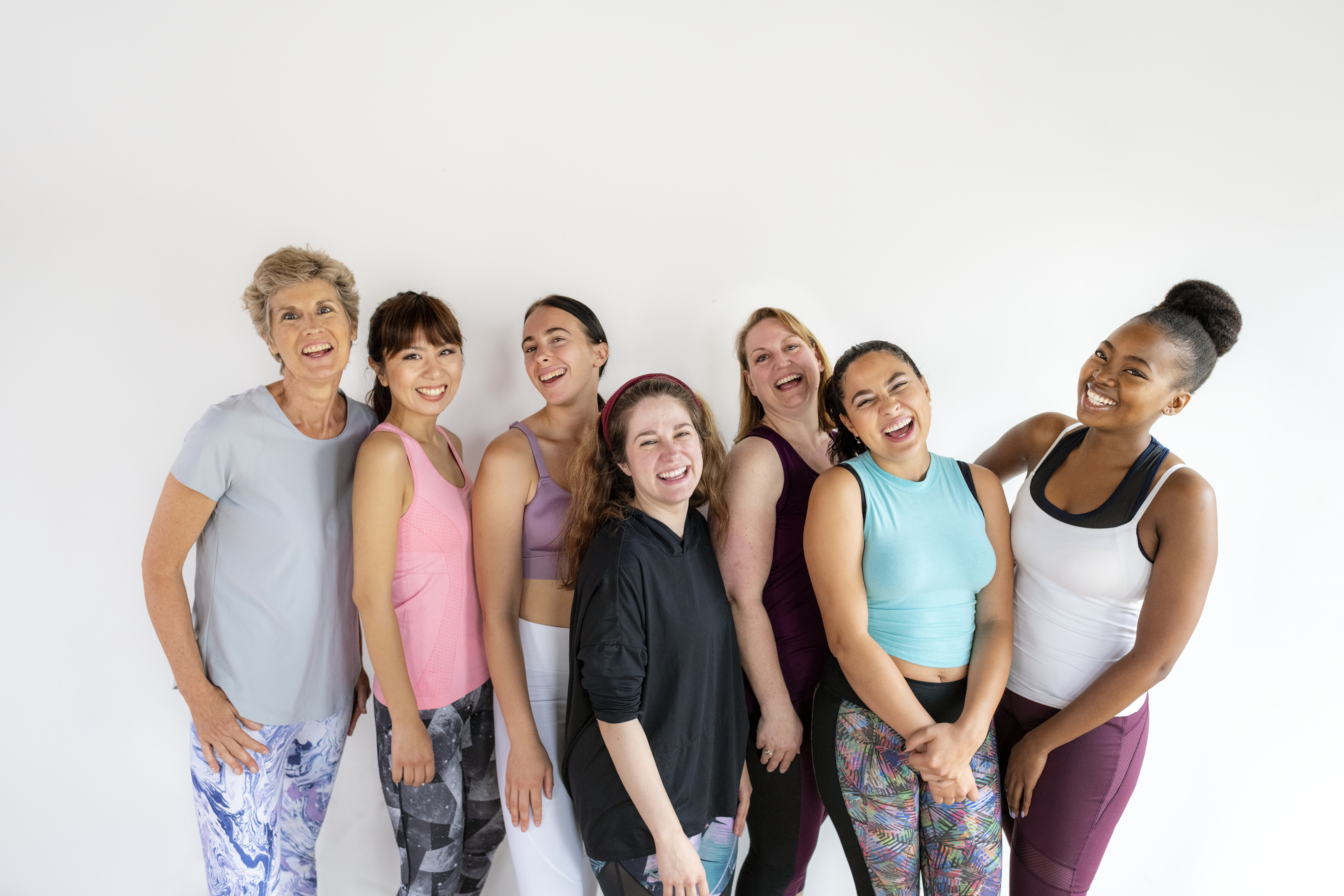
Embrace Prevention: Lifestyle Hacks to Lower Your Cancer Risk
Embrace Prevention: Lifestyle Hacks to Lower Your Cancer Risk
Most people think cancer prevention means huge life overhauls. The truth is, simple lifestyle changes can quietly reduce cancer risk every day. In this post, you’ll find easy, healthy habits that fit into your life and support mind-body wellness. Discover how small steps can bring big shifts in your proactive health management—and how The Cancer Conversation can guide you along the way. For more insights on cancer prevention, check out this resource.
Simple Lifestyle Changes for Cancer Prevention

Taking charge of your health may seem overwhelming, but small changes can lead to big results. Let's explore actionable steps you can take today.
Adopt a Nutritious Diet
Eating well is your first defense against disease. Focus on filling your plate with colorful fruits and vegetables. Each color offers different nutrients that support your health. Whole grains and lean proteins should also be part of your meals. These choices help your body function at its best.
Processed foods, on the other hand, can be tempting but often have hidden sugars and unhealthy fats. By choosing natural foods, you give your body the fuel it truly needs. Want more guidance on healthy eating? The Mayo Clinic offers tips on crafting a diet that supports cancer prevention.
Incorporate Regular Physical Activity
Exercise is not just about weight loss. It boosts your immune system and lowers inflammation, both crucial for reducing cancer risk. Aim for at least 150 minutes of moderate activity each week. This might sound like a lot, but breaking it down makes it manageable—just 30 minutes a day, five days a week.
Not into the gym? No problem. Walking, dancing, or even gardening can keep you active. The key is consistency. Make it a habit, and you'll soon feel the benefits. Need more ways to stay active? UC Davis Health shares fun ideas to keep you moving.
Developing Healthy Habits for Mind-Body Wellness

Beyond diet and exercise, creating a nurturing environment for your mind and body is pivotal. Let's dive into simple habits that promote holistic health.
Prioritize Quality Sleep
Sleep is your body's time to recover and repair. Adults need 7-9 hours each night for optimal health. Yet, many struggle to get enough rest. Establishing a calming bedtime routine can help. Try dimming the lights and avoiding screens before bed. This signals your brain that it's time to wind down.
Quality sleep isn't just about duration but also about consistency. Going to bed and waking up at the same time daily trains your body to sleep better. Having trouble sleeping? Cancer.ca offers strategies to improve your sleep quality.
Manage Stress Effectively
Stress impacts your body more than you might think. It can weaken your immune system and increase inflammation. Finding ways to manage stress is crucial. Deep breathing, meditation, and even hobbies can help keep stress at bay.
Consider setting aside just 10 minutes a day to relax and unwind. Over time, these moments add up, creating a profound impact on your well-being. Explore more stress-reduction techniques at Hollings Cancer Center.
Proactive Health Management Strategies

Actively managing your health gives you more control and peace of mind. Here are some key strategies to stay ahead in your health journey.
Stay Informed with Regular Screenings
Screenings can detect cancer early when it's most treatable. Regular check-ups with your healthcare provider ensure you're on track. They can guide you on which screenings are right for you based on age and risk factors.
Don't wait for symptoms to appear. Early detection is powerful in the fight against cancer. For more information, you can consult The Cancer Conversation about scheduling your screenings.
Build a Supportive Network 🤗
Having a network of friends and family to support you makes a world of difference. Whether you're facing a health scare or need encouragement, knowing you're not alone boosts resilience. Sharing your journey creates connections and empowers both you and those around you.
Consider joining support groups or online communities where you can share experiences and learn from others. The longer you wait to seek support, the more isolated you might feel. Remember, no one has to face this journey alone.
By embracing these simple lifestyle changes, you're taking proactive steps toward a healthier future. These habits not only reduce cancer risk but also enhance your overall quality of life. Keep exploring, stay informed, and continue building a community around you.







